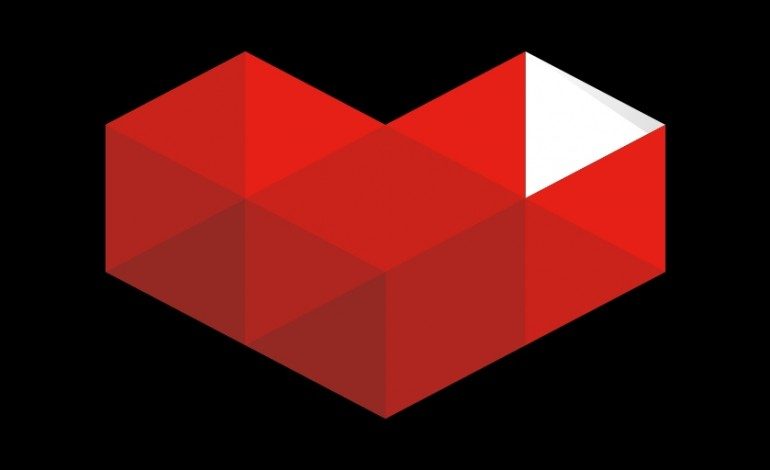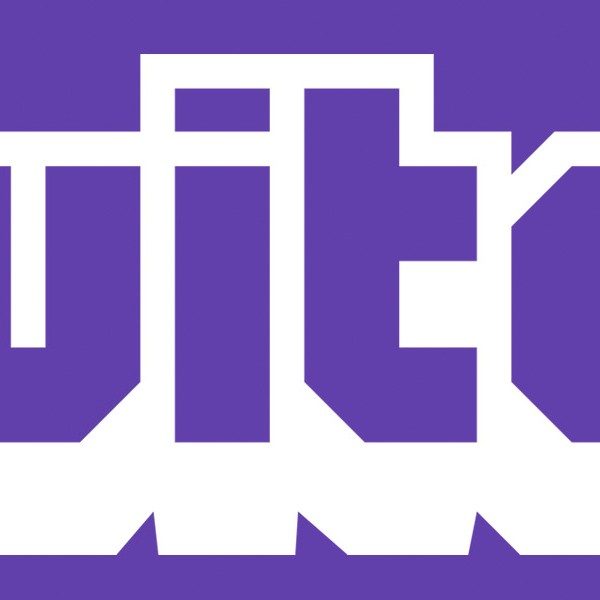

In case you still haven’t heard yet, Google has finally launched YouTube Gaming.
The gaming centric service was officially announced in June via YouTube’s blog. On August 26, 2015 YouTube Gaming went live with the announcement coming from their official Twitter.
YouTube Gaming has joined your party → http://t.co/9rk13frBx5 pic.twitter.com/2Y1eKhcUl9
— YouTube Gaming (@YouTubeGaming) August 26, 2015
The service will focus on compiling all content related to more than 25,000 games and giving them their own individual pages which users can subscribe to and be notified when new content for that respective game is released. From there content can be filtered out to find specific videos; meaning users can easily choose to find Let’s Plays, Reviews, or Live Streams. Developers of the game being subscribed to may also post updates and official announcements to the page. Personal recommendations will also be made to users based on content and channels they watch.
The brunt of the story is YouTube Gaming’s live streaming features. YouTube had recently upgraded their live streaming capabilities from 30fps to 60fps in May. Also included are a DVR feature and an automatic conversion of live streams into YouTube videos.
This puts them in direct competition with Twitch, the largest video game streaming service currently boasting 1.5 million broadcasters. Twitch has long held the market for watching and streaming live gameplay footage from video game consoles and PCs. Last year Google was in talks to acquire Twitch but ultimately the service was bought by retail giant Amazon to the tune of $970 million.
While the two services are mostly similar in their features there are a few differences which may make a difference in the long run. YouTube streams allow for rewind whereas Twitch does not allow this until the stream is completed and converted to a regular video. In addition, YouTube Gaming will store recorded streams forever where Twitch stores streams for only 14 days for regular users and 60 days for paid users.
YouTube’s attempt at trying to take a piece of the live streaming market may be halted by Twitch exercising their exclusivity rights to their partnered broadcasters. The largest Twitch broadcasters earn upwards to $25,000 a month on their subscribers alone while raking in large amount of tips from dedicated viewers and followers which sometimes reach in the millions. This is not to say that YouTube doesn’t have gaming celebrities of their own, most notably PewDiePie, who was reported to have made $7.4 million in 2014.
Currently the two companies are making their presence known at PAX Prime in Seattle. Twitch, the official streaming partner of PAX Prime, has been covering the event extensively through their large booth on the show floor which allows attendees to stream and play games at kiosks. YouTube Gaming has been doing their own respective coverage of the event in their booth which is in direct proximation to Twitch’s.
YouTube Gaming runs in both the U.S. and U.K. and their app is available on iOS and Android.
Play games, take surveys and take advantage of special offers to help support mxdwn.
Every dollar helps keep the content you love coming every single day.

